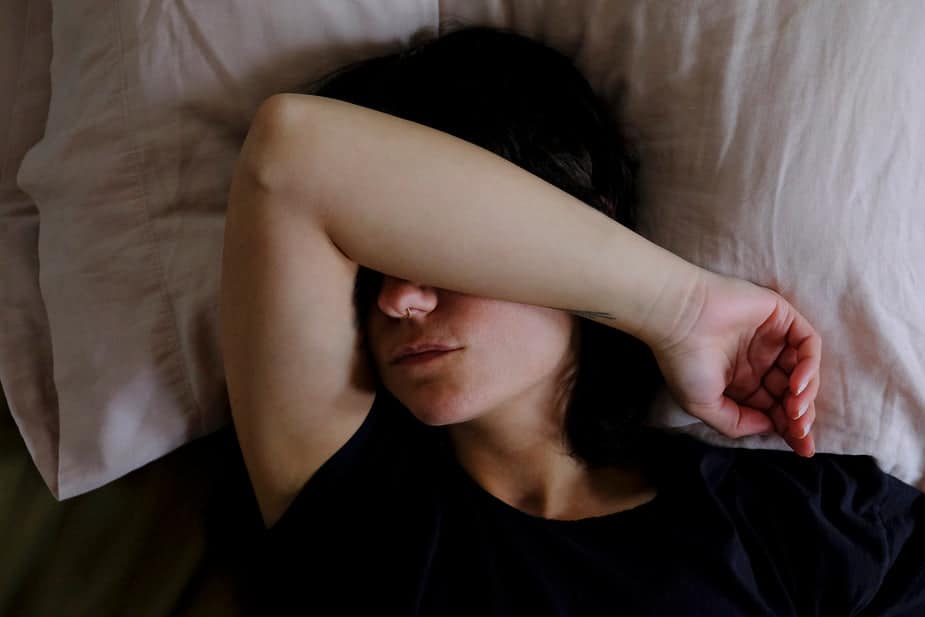Blog, Sleep Impacts Performance
Overcoming Nighttime Anxiety for Restful Sleep
Everyone experiences anxiety on occasion. In fact, experts believe that anxiety is an important way for the body to stay alert, focused, and prepared to respond to a stressful situation. But anxiety can also be accompanied by racing thoughts and physical symptoms that may get worse at night and make it difficult to sleep.
Why is my anxiety worse before bed?
Overthinking and Rumination
When you’re lying in bed with fewer distractions, your mind can start to wander and dwell on worries, fears, and negative thoughts. This overthinking and rumination can fuel anxiety.
Stress and Anticipatory Anxiety
If you’ve had a stressful day or are anticipating an important event the next day, it can trigger anxiety as you wind down for the night.
Stimulants and Sleep Disruptors
Consuming caffeine, nicotine, or alcohol too close to bedtime can interfere with your ability to relax and fall asleep, exacerbating anxiety.
How does bad anxiety affect your sleep?
Difficulty Falling Asleep
Racing thoughts and increased heart rate can make it challenging to transition from wakefulness to sleep.
Interrupted Sleep
Anxiety can cause frequent awakenings throughout the night, leading to a disrupted sleep pattern.
Quality of Sleep
Even if you manage to sleep, anxiety can reduce the quality of your rest, leaving you feeling tired and groggy in the morning.
Dream Disturbances
Intense anxiety may manifest in vivid or disturbing dreams, further impacting the overall sleep experience.
Tips On How To Get Rid of Bad Anxiety at Night
Establish a Relaxing Bedtime Routine
Engage in calming activities like reading, taking a warm bath, or practicing relaxation techniques before bed.
Limit Screen Time
Reduce exposure to screens (phones, computers, TVs) at least an hour before bedtime to minimize stimulation.
Create a Comfortable Sleep Environment
Ensure your bedroom is conducive to sleep with comfortable bedding, proper temperature, and minimal noise and light.
Practice Mindfulness or Meditation
Incorporate mindfulness exercises or meditation into your daily routine to help manage anxiety and promote relaxation.
Take Notes
Keep a notepad by your bed to jot down any worries or thoughts, so you can “park” them for the night.
Consider Sleep Gummies
Explore natural supplements like sleep gummies, which can contain ingredients like melatonin or herbal extracts known for their calming effects.
Discover Sleep Gummy Options from Seattle Gummy!
Seattle Gummy offers a range of sleep gummy options designed to support relaxation and restful sleep. Explore their products to find a sleep solution that works best for you and your nighttime anxiety.
In conclusion, managing bad anxiety at night requires a holistic approach that addresses both mental and environmental factors. By implementing relaxation techniques, optimizing your sleep environment, and considering natural supplements like sleep gummies, you can improve your sleep quality and wake up feeling refreshed and rejuvenated.

